Canada’s Liberal Party and Prime Minister Mark Carney have prevailed in the country’s federal elections.
The Liberals are currently leading in 167 seats, while the Conservatives are ahead in 145 seats.
While votes are still being counted, the Liberals remain short of the 172 seats needed for a majority in the 343 seat House of Commons.
Pierre Poilievre’s Conservatives have admitted defeat and vowed to hold the incoming government to account.
The development is a massive turnaround for the Liberal Party, which until a few months ago was staring at a heavy defeat under then Prime Minister Justin Trudeau.
However, the ascension of Carney and the shadow of US President Donald Trump seems to have played in the Liberals’ favour.
Carney in his victory speech slammed America.
“We are over the shock of the American betrayal, but we should never forget the lessons,” Carney said.
“As I’ve been warning for months, America wants our land, our resources, our water, our country. These are not idle threats. President Trump is trying to break us so America can own us. That will never … ever happen. But we also must recognize the reality that our world has fundamentally changed.”
But what does Carney’s win mean for India?
Let’s take a closer look:
Repairing the frayed bond
It’s no secret that Indian- Canada relations hit their nadir in recent years under Trudeau.
From Trudeau commenting on the farmers’ protests in India in 2020 – becoming the first world leader to do so – New Delhi accusing Ottawa of being soft on Khalistani supporters and the then prime minister accusing India of being linked to the killing of terrorist Hardeep Singh Nijjar in 2023, there was no shortage of friction between the two countries.
New Delhi had called Canada’s allegations “preposterous” and claim that Trudeau – who was at the time in a minority government with the support of the left-leaning New Democratic Party (NDP) and its pro-Khalistani leader Jagmeet Singh – was playing “vote bank politics”
Carney’s win signals the possibility that New Delhi and Ottawa could repair their frayed bond.
Carney on Monday describe the relationship with India as “incredibly important.”
The Hindustan Times quoted Carney as saying, “It’s an incredibly important relationship, the Canada-India relationship, on many levels. On the personal level, with Canadians having deep personal ties, economically, strategically.”
During the campaign, Carney spoke about the need to collaborate with ‘like-minded’ nations like India.
“What Canada will be looking to do is to diversify our trading relationships with like-minded countries, and there are opportunities to rebuild the relationship with India. There needs to be a shared sense of values around that commercial relationship, and if I am Prime Minister, I look forward to the opportunity to build that,” Carney was quoted as saying by NDTV.
“Different person, different policies, different approach to governing,” Carney told Toronto Star in an interview in February.
While Carney has not addressed the Nijjar killing and the allegations surrounding it, he has taken a more measured tone.
“There are strains on that relationship that we didn’t cause, to be clear, but there is a path forward to address those with mutual respect and to build out," Carney said in 2023 as per Hindustan Times.
Indian diaspora in Canada
As per NDTV despite the issues, Indians continue to emigrate to Canada.
India has around three million temporary workers, students, and permanent residents in Canada.
India has around 427,000 students in Canada – mostly from Punjab – who contribute billions of dollars to the country’s economy.
As per Economic Times, students from Punjab alone spend Rs 68,000 crore ($8 billion) in Canada every ear.
Experts say that the overall number could be closer to $20 billion.
Canada under Trudeau had announced a tightening of its immigration rules.
As per The Times of India, the Liberals in their manifesto vowed to cap immigration by 2027 to five per cent of the population and to keep permanent resident admissions at 1 per cent.
However, Carney, who is a well-respected economist and former governor of both the Bank of England and the Bank of Canada, likely recognises the contributions that students, highly skilled professionals and tech workers can make to Canada’s economy and will allow them to continue to emigrate.
Free Trade Agreement
India and Canada have been mulling a free trade deal for years.
As per the Department of Commerce, it was in 2008 that the India-Canada CEO Round Table first recommended a Comprehensive Economic Partnership Agreement (CEPA).
In September 2010, a joint study strongly recommended that both countries agree to a CEPA.
At the time, the prime ministers of both countries had announced that CEPA negotiations have begun.
In 2020 a bilateral meet was held to discuss an interim agreement.
However, the proposed Free Trade Agreement between New Delhi and Ottawa was put on ice since Trudeau made the allegations against India in the killing of Nijjar in late 2023.
India and Canada also expelled each other’s diplomats.
Now, with Carney returning to office, hopefully the relationship can be brought back to an even plane —allowing the CEPA to be concluded at the earliest.
With Canada and the US at odds, Ottawa needs New Delhi more than ever when it comes to trade.
Thankfully, trade between the two countries has remained immune to the spat.
In fact, the bilateral merchandise trade between India and Canada actually grew slightly from $8.3 billion in 2022-23 to $8.4 billion in 2023-24, as per think-tank Global Trade Research Initiative (GTRI).
India’s imports from Canada increased to $4.6 billion, while exports saw a marginal dip, falling to $3.8 billion.
“These figures suggest that, at least for now, economic ties remain stable, unaffected by the diplomatic storm brewing in the background,” it said.
“For now, the resilience of trade between India and Canada highlights an important lesson – diplomatic tensions, while damaging, do not always spell disaster for economic ties. But as this dispute drags on, both nations will need to carefully manage their actions to avoid a full-blown economic fallout,” GTRI founder Ajay Srivastava said.
With inputs from agencies


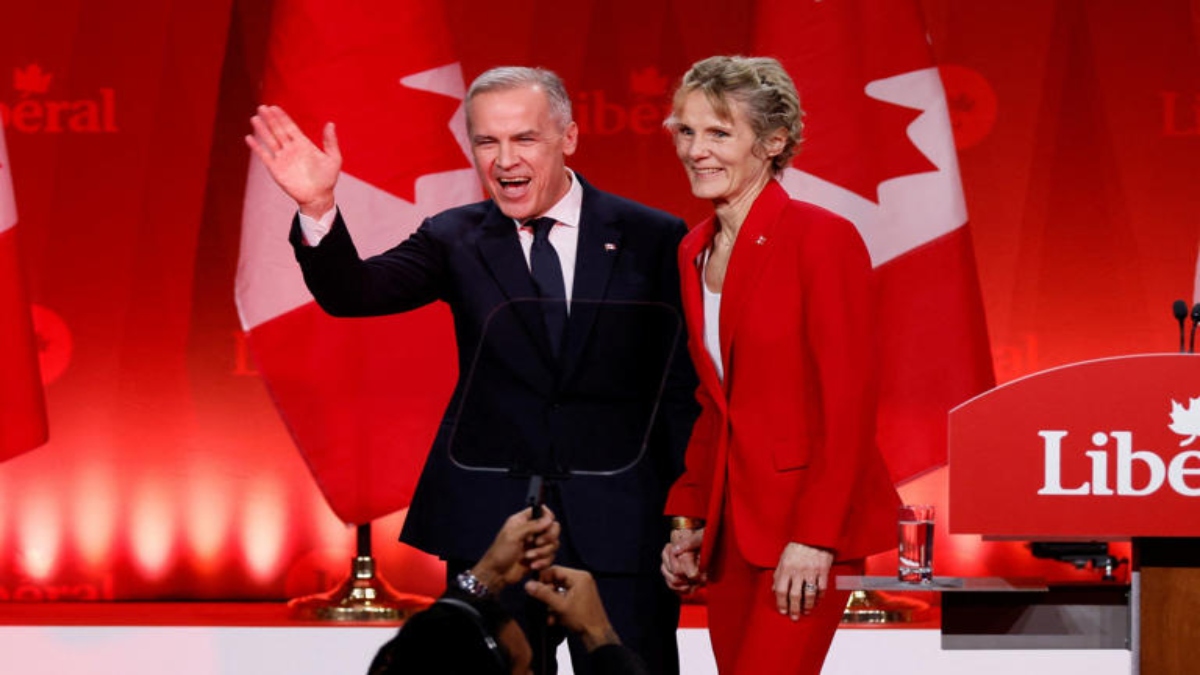)
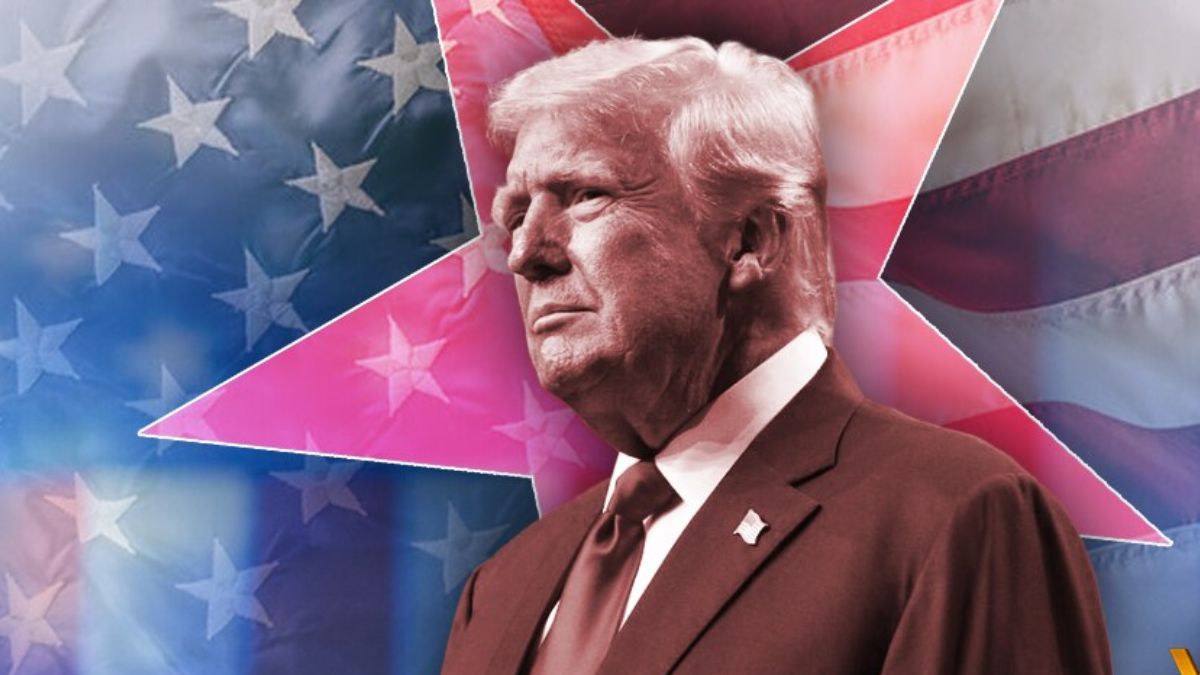)
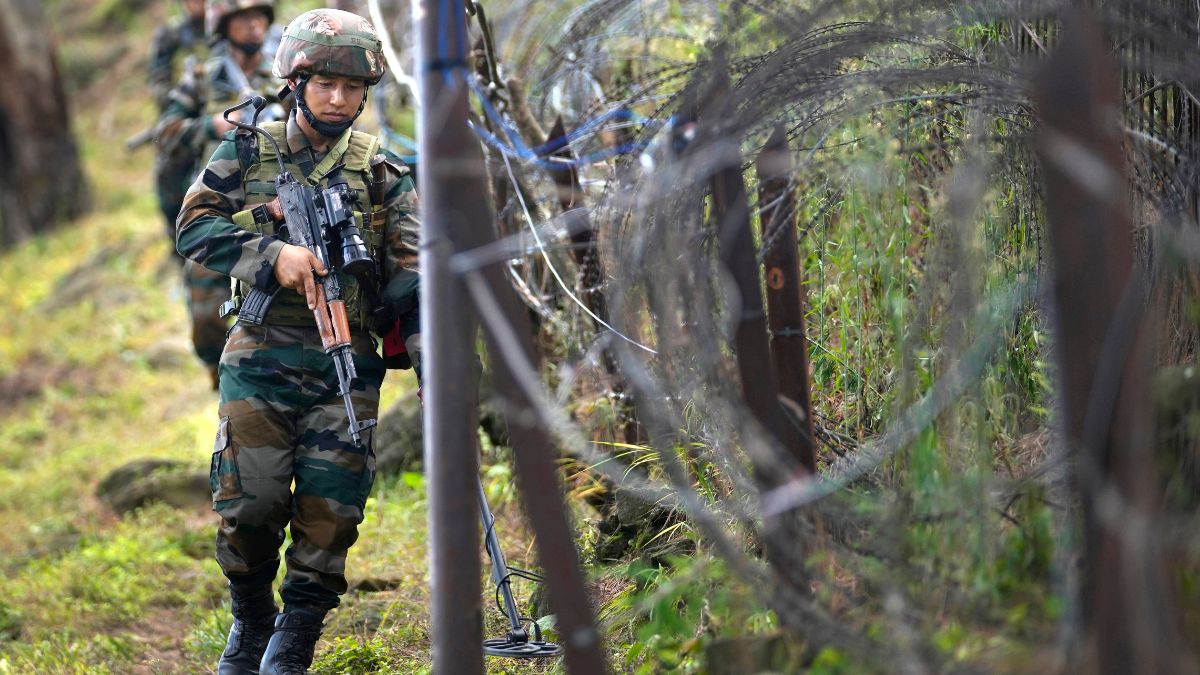)
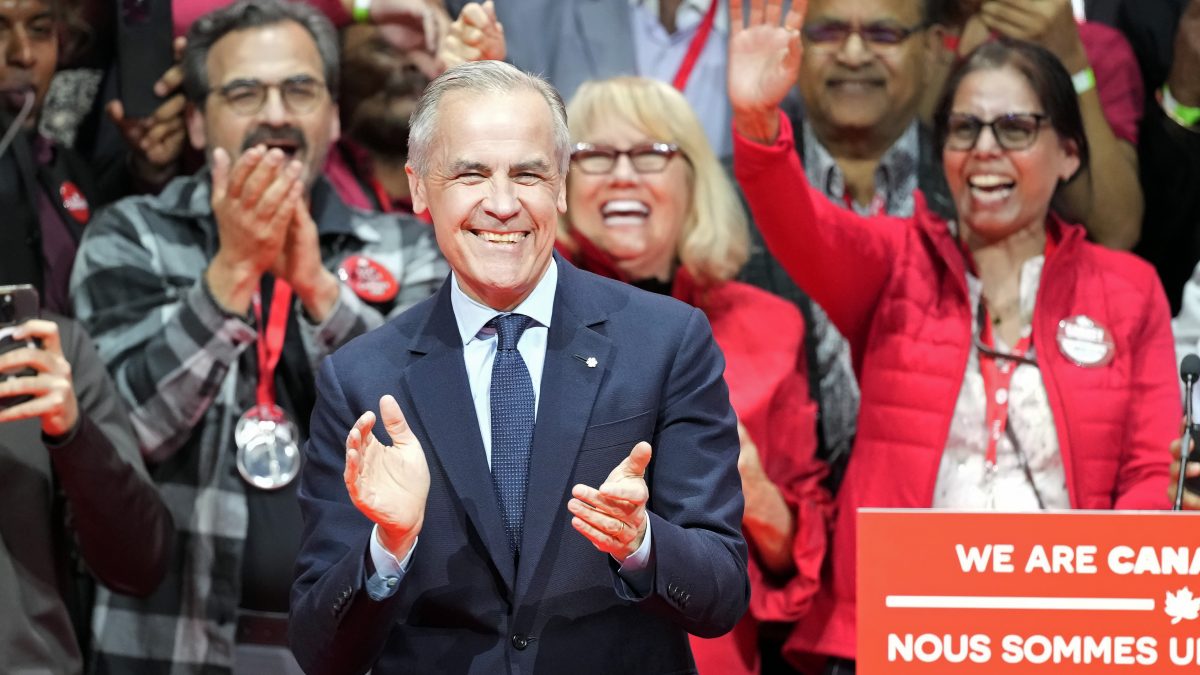)
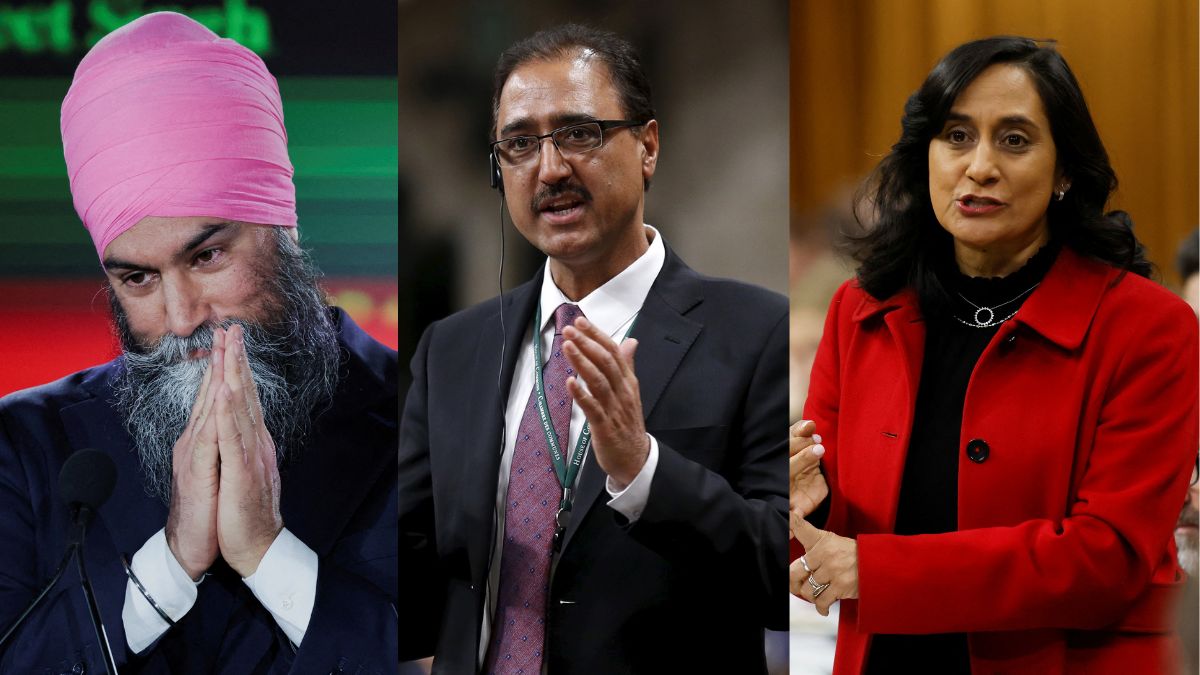)
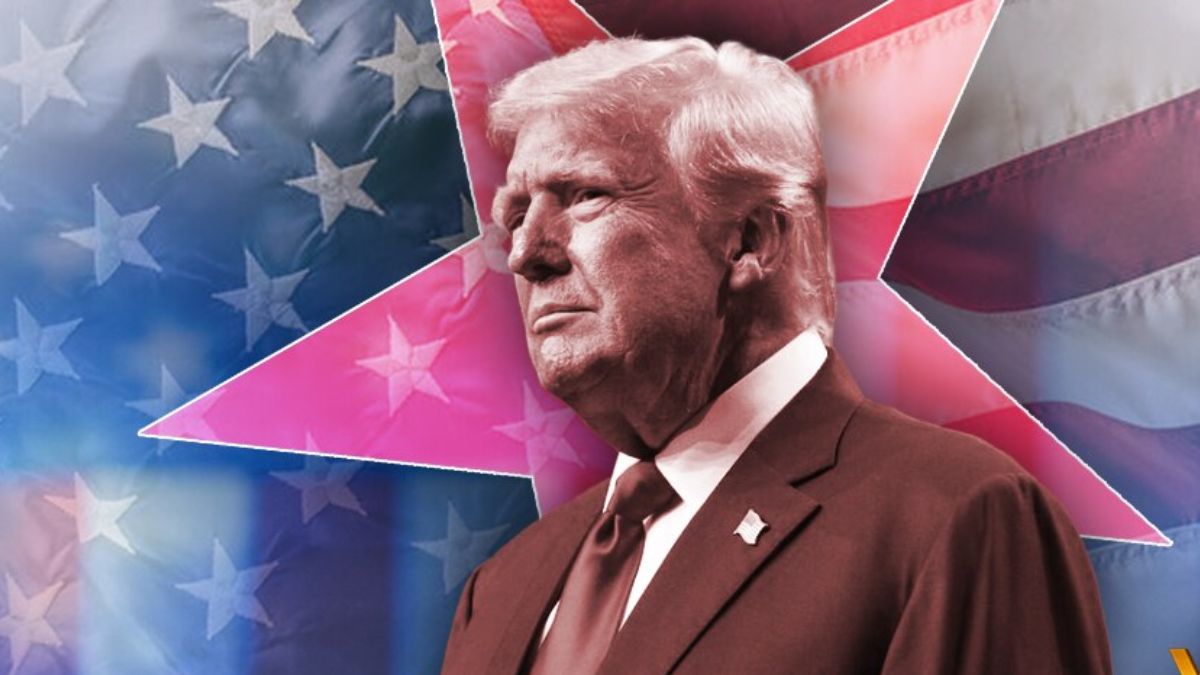)
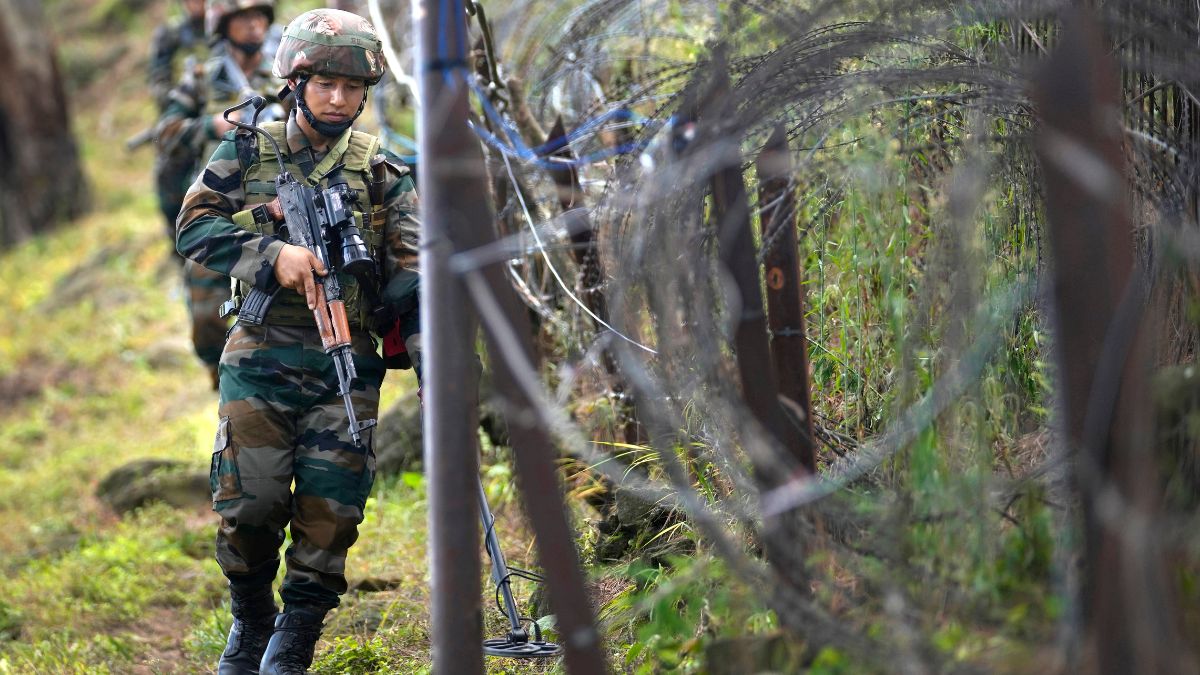)
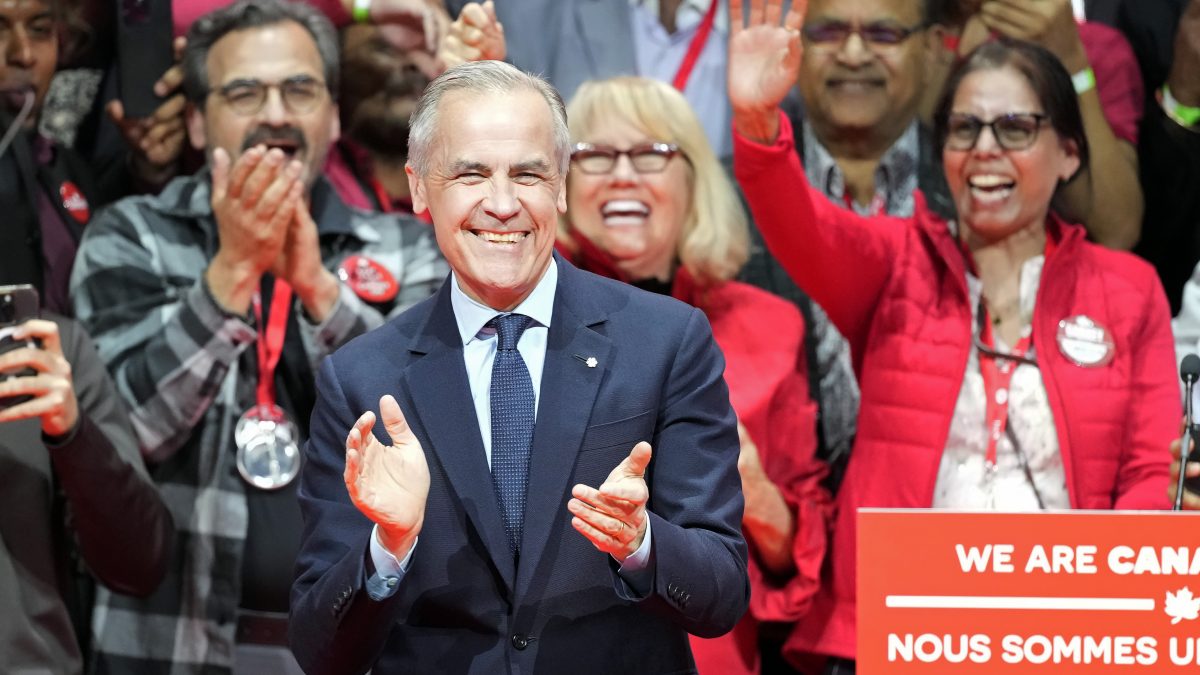)
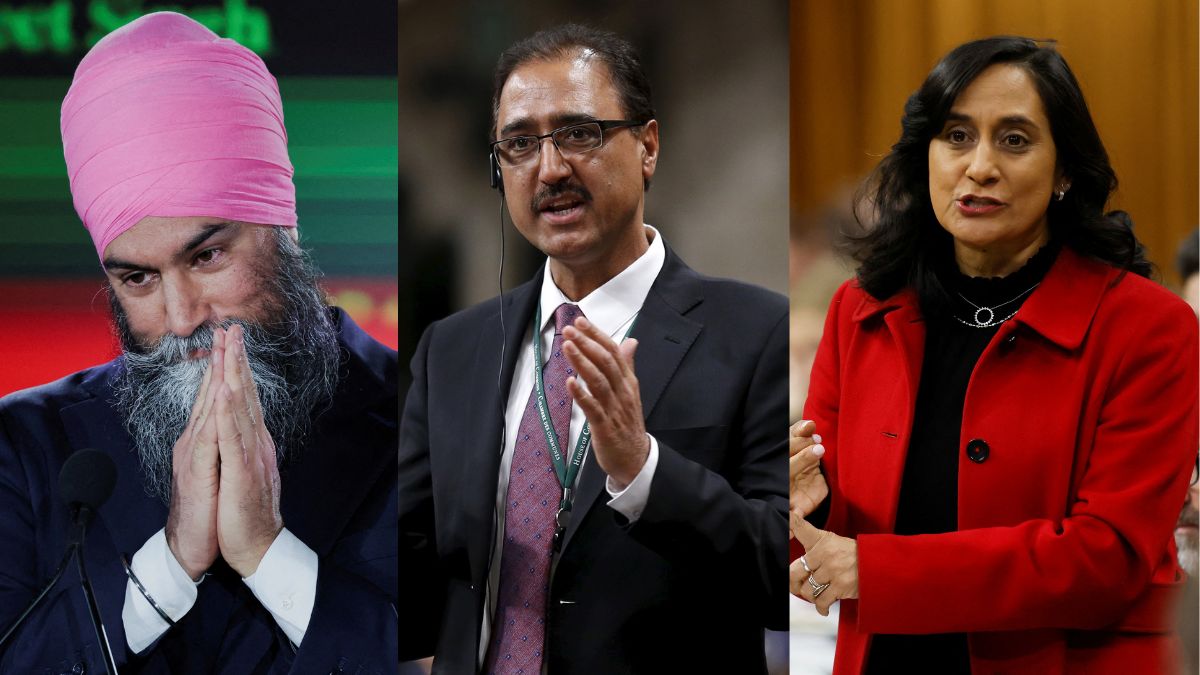)